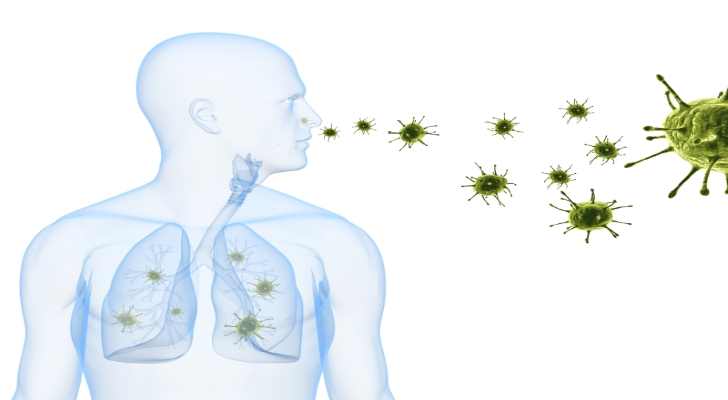
Legionnaires’ disease is a serious type of pneumonia caused by Legionella bacteria, which are found in water systems, but most of the doctors characterize it as a collective word for the health conditions provoked by legionella bacteria. They assign the severest forms of Legionnaires’ disease as well as several types of fever to this category. It is a potentially serious disease that can be life-threatening in some cases. Legionnaires’ disease is a type of pneumonia – a severe problem with lungs. Unfortunately, there are no guarantees, and anyone can be susceptible to infection, but some groups are at higher risk. The disease does not spread from person to person; infection occurs through inhalation of contaminated water droplets.

There are several known causes of the serious disease. One should not swim in the natural water resource like a river or lake without making sure this place is suitable for swimming. Otherwise, it may contain Legionella. The bacteria responsible for this disease inhabit warm freshwater. Thus, a person may also be infected at the swimming pool, sauna, hot tubs, and SPA salons. Cooling systems are also the potential causes of the problem. Public showers and fountains contain equal risks as well. It is better to avoid drinking water from them.

It is time to discuss the symptoms of this severe, life-threatening disease. A person will notice an extremely high body temperature that causes unintentional body shaking (fever), a strong cough, chills, headaches, weakness of muscles and joints, etc. The temperature may rise above 104°F (40°C). It makes no surprise some people are lost and confused when having such a high fever. At first, a person may feel just a slight headache and weakness in muscles, but it gets worse in one or two days.

There are several risk factors to mention. It is interesting that not every person who contacts the responsible bacteria gets sick automatically. Some people are at higher risks of experiencing Legionnaires disease after exposure to contaminated water. Those are people who are heavy smokers, people living with HIV/AIDS are at the highest risks. Patients who suffer from the chronic lung diseases possess higher threats as well, such disorders as diabetes and cancer, older people face the problem more often than a younger population.

Doctors typically review symptoms and their progression to help confirm the diagnosis. Various exams may also be helpful. A urine test can help detect Legionella antigens for diagnosis. Those are elements necessary to resist the illness. A sample of blood can tell a lot. Some doctors prefer imaging scans to find out whether the kidneys/lungs are doing wrong.

Are there some ways to prevent this serious disease? Of course, and some of them include collecting all-important information on the river, creek, or lake of interest before having a rest over there. It is better to avoid being in public hospitals for too long with the sick patients. It is better to quit smoking if you want to decrease the chances of getting sick. Legionella bacteria will then have fewer chances to attack your organism. Legionnaires’ disease is a serious type of pneumonia caused by Legionella bacteria, which are commonly found in warm water environments. The illness is contracted by inhaling contaminated water droplets and is not spread from person to person.
Learn more about Legionnaires’ disease at Centers for Disease Control and Prevention (CDC).


